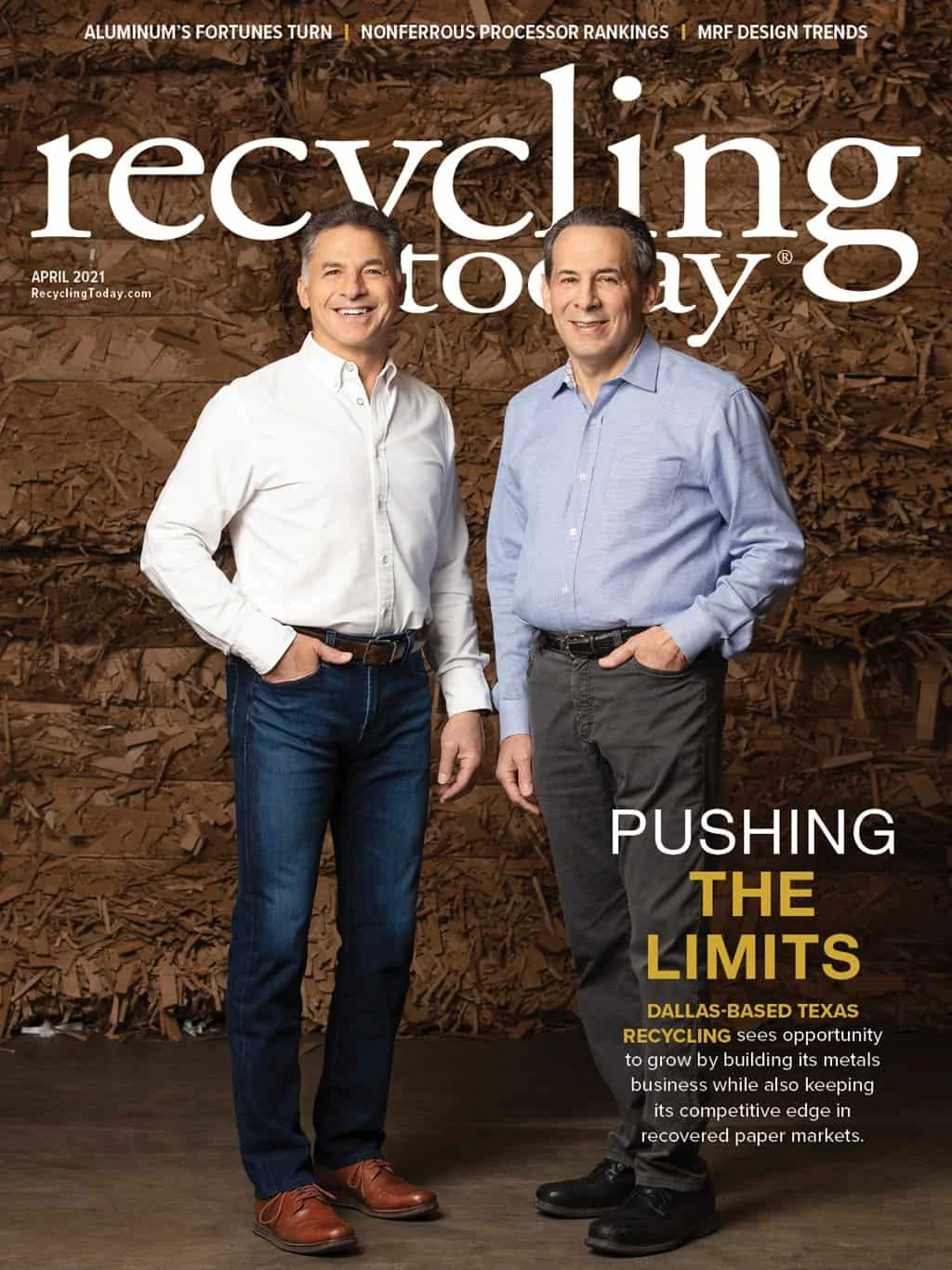
Maintaining the same email address for more than two decades has its disadvantages, including a steady buildup of so many press releases and inquiries arriving daily that some are skimmed over or outright neglected.
One of the advantages to the ongoing landslide of business information is the opportunity to spot trends in where investment dollars and corporate attention are being directed.
Spotting the difference between a trend and a fad, of course, presents a challenge of its own. Even trends that eventually prove out can move in fits and starts, providing heartbreak to some investors and entrepreneurs along the way.
When it comes to electric vehicles (EVs), separating the hype and the hopes of fossil fuel detractors from legitimate market momentum has become important for recyclers for many reasons.
”Globally and in North America, EVs are not going away as a groundswell of human and financial capital flows into the sector.”
That topic was addressed in our April 2020 story, “Currents of change,” and, one year later, government policy (mostly outside of the United States) and investor enthusiasm have combined to build EV momentum.
There are more data-driven ways to gauge this momentum than my email inbox, without question. Even this information source with its admittedly small sample size, however, helps to illustrate the amount of capital that is pouring into EVs.
The public and private sectors are putting money into charging stations. Companies large and small are allying with universities and research institutes to design EV batteries that can increase the cruising range of electric cars, trucks and buses.
Drivers accustomed to the sound and feel of gasoline-powered engines will continue to have reservations about EVs. Americans like choice, and the United States could continue to resist EV production mandates or required internal combustion engine phaseouts, relying instead on incentives, disincentives and corporate sustainability leadership to drive this change.
Globally and in North America, however, EVs are not going away as a groundswell of human and financial capital flows into the sector. Auto dismantlers, recyclers of factory-generated scrap and auto shredder operators all have reasons to better understand EV production and materials choices.
Certainly, some staff members and readers of Recycling Today prefer the roar of a gasoline engine to the whir of an EV motor. That being said, they cannot necessarily expect news regarding EV production, sales or recycling methods to slow down anytime soon.

Explore the April 2021 Issue
Check out more from this issue and find your next story to read.
Latest from Recycling Today
- Phoenix Technologies closes Ohio rPET facility
- EPA selects 2 governments in Pennsylvania to receive recycling, waste grants
- NWRA Florida Chapter announces 2025 Legislative Champion Awards
- Goldman Sachs Research: Copper prices to decline in 2026
- Tomra opens London RVM showroom
- Ball Corp. makes European investment
- Harbor Logistics adds business development executive
- Emerald Packaging replaces more than 1M pounds of virgin plastic





